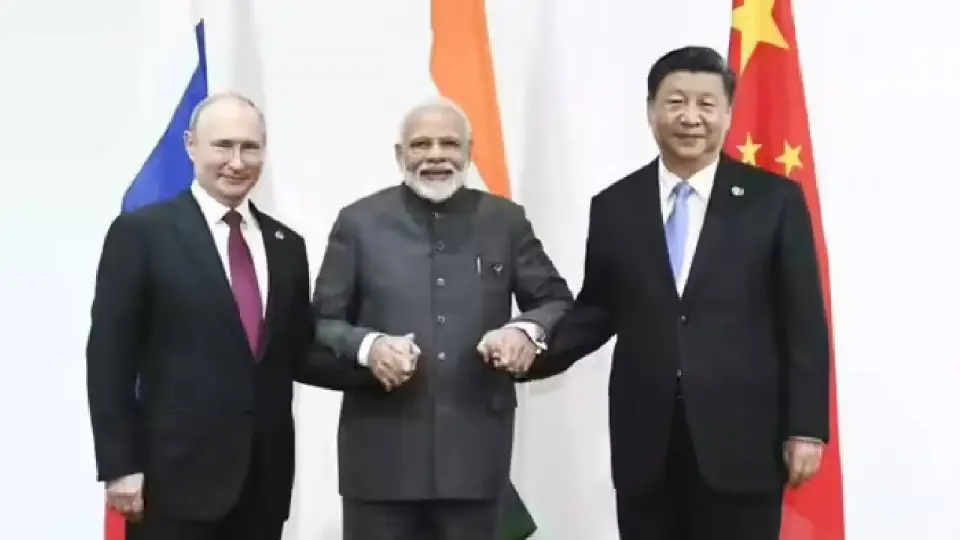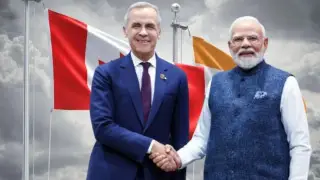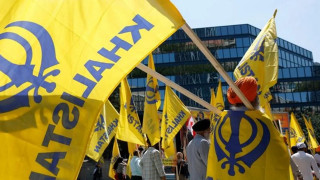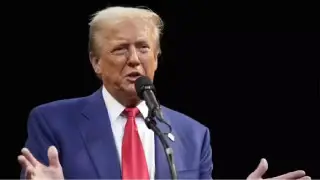
Russia India Arctic (Credit: OpenAI)
International News: Even under ongoing US sanctions, India and Russia continue expanding strategic engagement. India has launched joint exploratory and trade missions in the Arctic, particularly focusing on Russia’s Northern Sea Route (NSR). This route provides India with an opportunity to enhance its role in global supply chains while boosting bilateral trade. However, China’s growing presence following Russia’s international isolation post-Ukraine war has increased India’s caution. Although Moscow’s dependency on Beijing has risen, it still values its partnership with New Delhi equally.
Vladimir Panov, Special Representative of the Russian Government for Arctic Cooperation, praised India’s role and supported its increased involvement in NSR development. His statement indicates that Russia may be reconsidering traditional Arctic partnerships and exploring new alliances beyond established frameworks. For India, this presents a significant strategic opportunity to expand polar, maritime and energy cooperation with Russia.
Historically, Russia maintained that the Arctic was largely within its own domain of influence. Although it supported China’s observer status in the Arctic Council in 2013, Panov’s support for India marks a possible strategic balancing move. With most Arctic Council members halting cooperation with Moscow after the Ukraine conflict, Russia stopped its annual budget contribution in February 2024, demanding equal participation before any engagement resumes.
Russia officially withdrew from the Barents Euro-Arctic Council in September 2023, further distancing itself from Western-led Arctic frameworks. In this context, Panov’s comments are seen as part of a broader strategy to diversify Russia’s Arctic partnerships. Moscow is reportedly exploring BRICS-based cooperation models, positioning India as a key stakeholder to counterbalance growing Chinese dominance.
Although Russia and China maintain a "Comprehensive Strategic Partnership" in the Arctic, their collaboration is limited beyond the energy sector. Major Chinese infrastructure investments, including a proposed deep-sea port linked to the Belkomur railway in Arkhangelsk, have failed to progress. Differing views on sovereignty, control of NSR, and Moscow’s preference for national rather than multilateral projects continue to restrict China’s influence. Russia, cautious of overreliance on Beijing, now sees India as a strategic partner to diversify Arctic alliances.
With increasing interest in SMR (Small Modular Reactor) technology and sustained maritime expansion, India is well positioned to benefit from Arctic collaboration. By supporting India’s participation, Russia not only balances China’s influence but also strengthens long-term strategic alignment. This shift marks an evolving dimension in Indo-Russian ties, extending from traditional defence cooperation to polar geopolitics.













Copyright © 2025 Top Indian News
